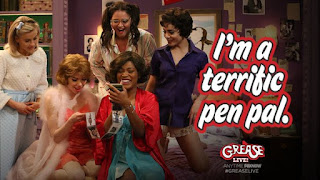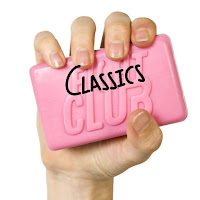Maybe You're Born With It

Salvete omnes, has anyone ever asked you whether you are an digital native or a digital immigrant? Are you sitting there rereading that question and scratching your head? Well fear not, dear reader, because you are not alone. Earlier this week, I read a few articles by Marc Prensky that introduce this concept of digital natives versus digital immigrants. So who are digital natives and who are digital immigrants? In his 2001 article , Prensky refers to digital natives as the generation of kids who grew up alongside technology and because of that are fluent in its language and applications. Whereas digital immigrants are the generation of adults who adopted technology and its employment later in their lives. According to this follow-up video , the cutoff to determine which category an individual might fall under was draw at the year 1980. Based on this criteria, I would have to label myself as a digital native. Although I don’t feel as if I think any differently than my paren...










